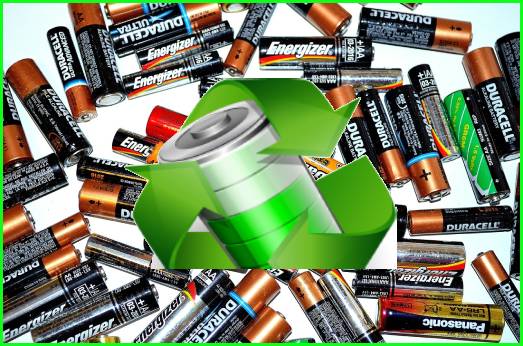
January 14 2021: Recommerce – the Global Battery Recycling Conference – will be held in Bangalore on March 3-4 this year.
The event is supported by the Ministry of Environment, Forest and Climate Change, Ministry of Electronics and Information Technology, Digital India and Bureau of Indian Standards.
The objective event is to maximize the value recovery, to understand about policy frameworks, new technologies, to encourage recycling practices, promote business co-operation and development in the areas of battery recycling and EV battery recycling in India. The two-day conference will discuss and debate topics like battery recycling and repair, asset management, best in collection procedures, effective implementation of EPR, latest recycling technologies, materials-recovery solutions, end-of-life strategies, as well as regulatory and business models to help reduce the environmental impact of battery waste. The conference will bring together leading battery manufacturers interested in battery recycling technologies and business cooperation, battery equipment and component manufacturers, experts in waste management and environment friendly technologies for recycling of batteries, recycling equipment manufacturers and recyclers.
Batteries contain a number of heavy metals, toxic chemicals and illegitimate disposal has raised concerns over health hazards, soil contamination, air and water pollution. The electric vehicle (EV) market is still in its early days in India, it is expected to be more important going forward, as the government has undertaken various initiatives to promote electric vehicles in the country.
The government of India plans to add 100 GW of solar capacity in the country by 2022. Due to this, the market for lithium-ion battery in India is expected to grow at a CAGR of 34.8% during the forecast period of 2021 – 2025. But the main constrain is shortage of large battery recycling plant in India. Batteries end of life impacts sustainability and the value chain of materials. The end-use problem of the battery can be resolved by reusing and recycling. With this the demand for battery materials can be controlled.
Recycling batteries saves natural resources, because plastic and metals from used batteries can be used to make new batteries and protects the environment by keeping heavy metals out of landfills and the air. Registration Link: here